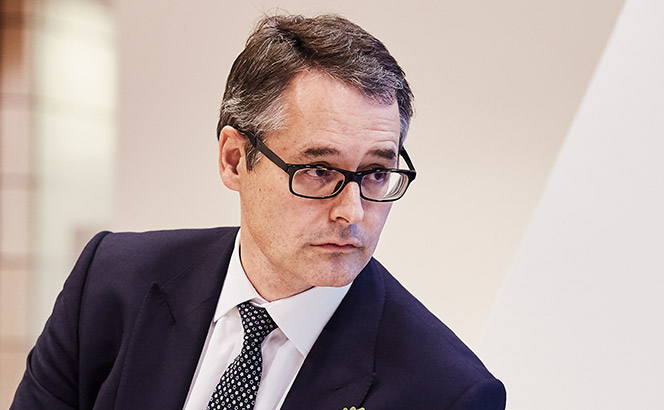
LB editor-in-chief Alex Novarese recently posted a piece entitled ‘Innovation needs law firm champions’, which hooked on to the story of Axiom’s much-awaited flotation and made some excellent points on the limitations (versus the hype) of New Law. However, in discussing Axiom’s decision to split up its business pre-float, the claim was made that it is easier to see progress in the industry coming from conventional law firms, than New Law equivalents.
This argument just doesn’t hold water. Yes, conventional law firms might have the heft behind them to implement progress, but the hard truth is that they are hampered by their traditional structure. This is what has made the pace of change within the sector slow – the structure lacks transparency and responsiveness, promotes inefficiency and simply costs too much.










